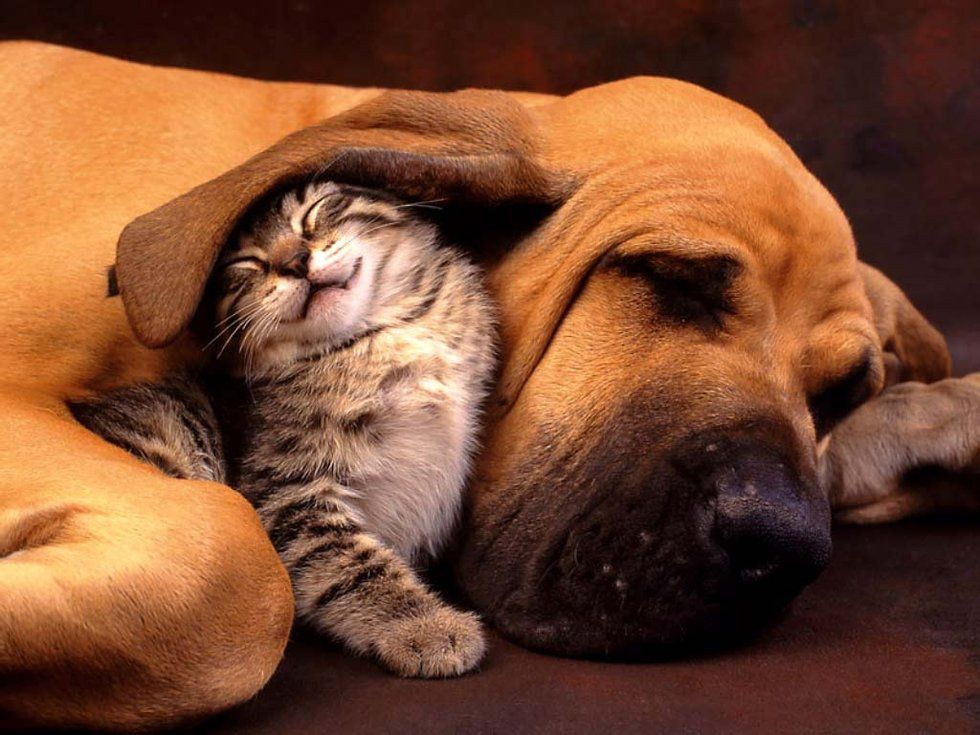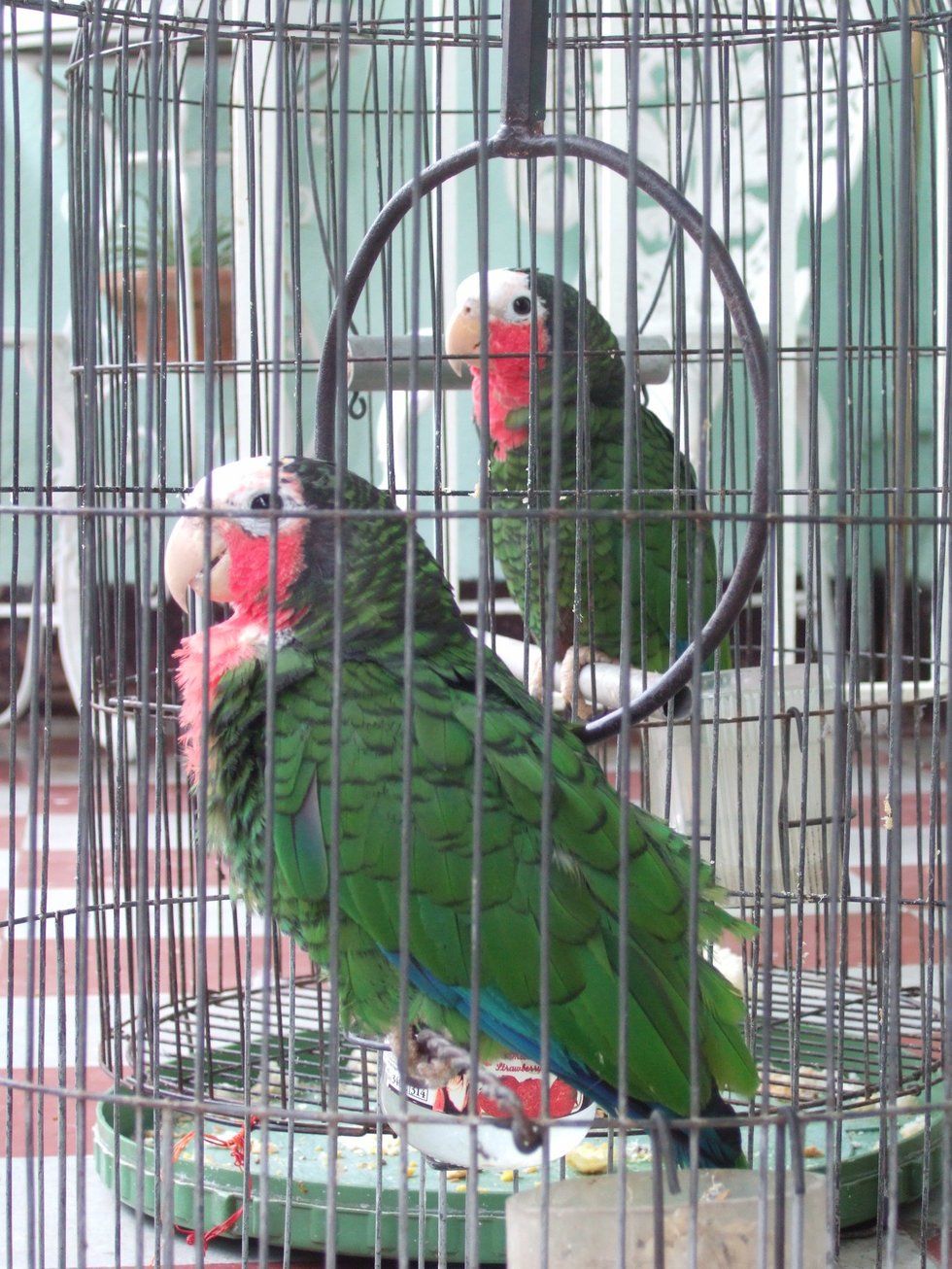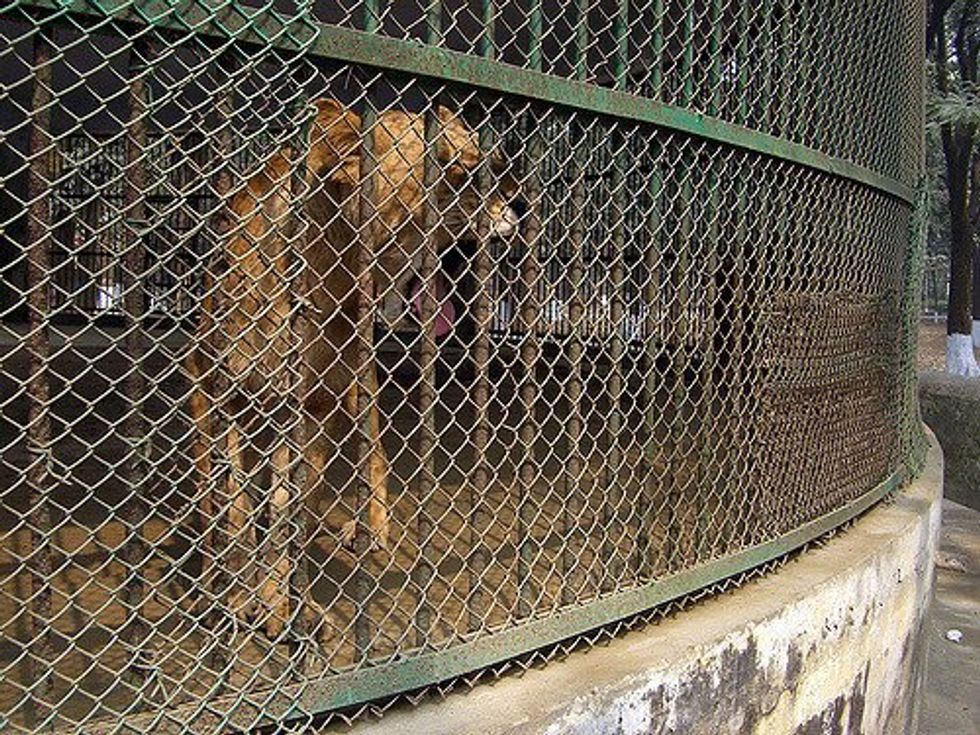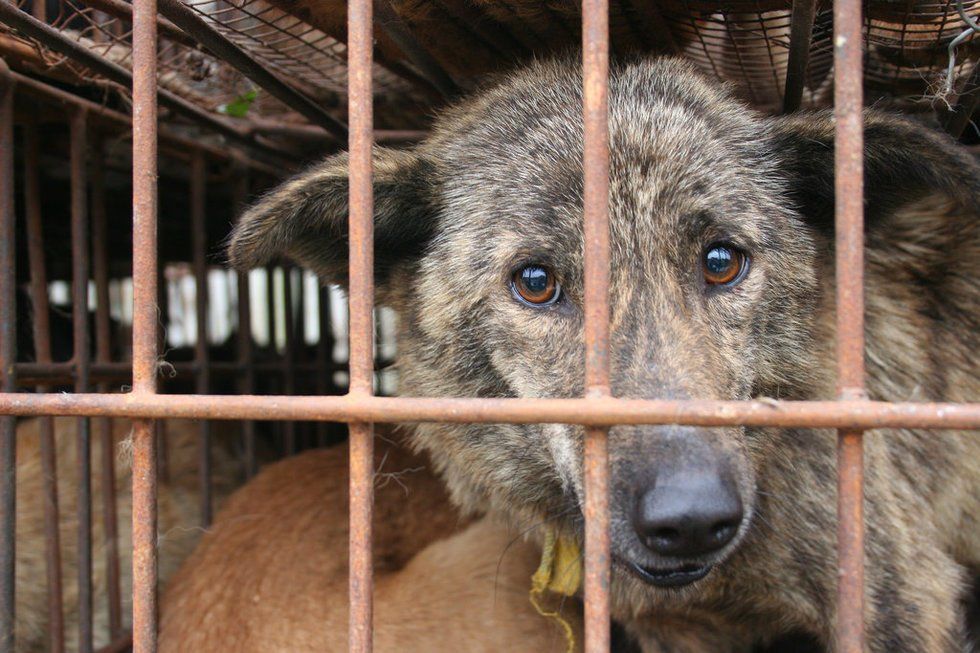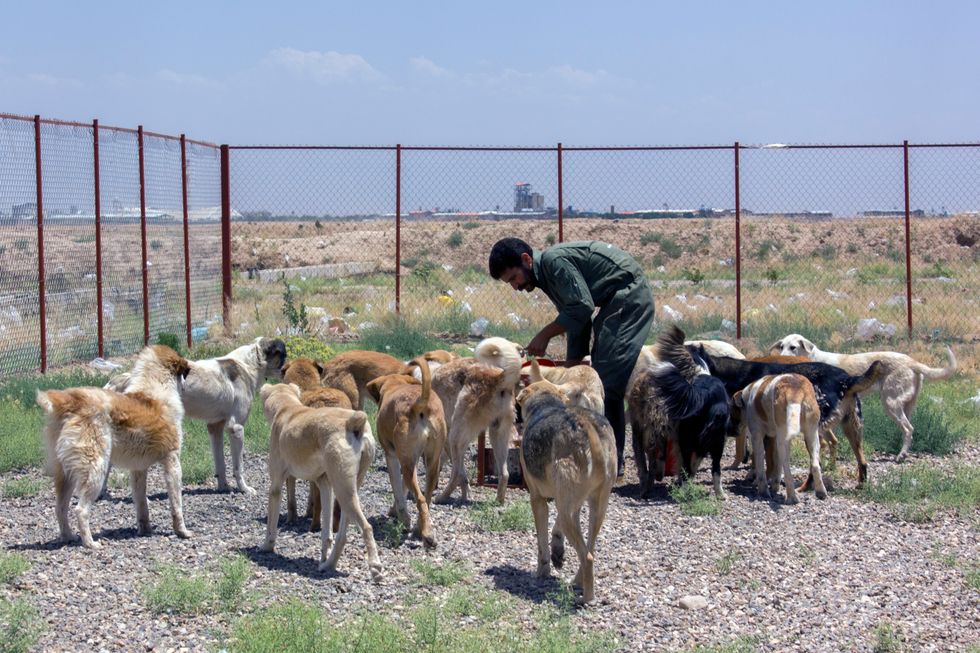It's no secret that chain pet stores don't always give tip top care to their animal inhabitants. Multiple lawsuits and claims of harsh mistreatment of animals are becoming the norm. However, the pet stores are starting to listen and try to improve. While progress has been made, here are seven ways that pet stores can be even better!
1. No dogs or cats
Whaaaaaaat?! No dogs or cats in a pet store? A staple of all pet stores, it may seem ridiculous to ask stores to stop selling various pets. But really, many pet stores have taken steps to this.
For one things, dogs and cats should never be sold for profit. Many dogs and cats sold in pet stores come from bad breeders, and come with a host of bad health problems. Never buy a dog or cat from a pet store, even if you feel sorry for it. All you do it encourage the pet store and breeder to continue with their unethical trade.
The only exception is when the pet store is displaying dogs and cats up for adoption from a shelter. But even then, this can lead to impulse buying a pet, so these adoption days should be few and far in between and have many experts on hand to assure the person adopting is prepared to care for this animal.
2. Minimize impulse buyers by having limited animals for sale
Impulse buying, as you may know, is when a person goes out and buys any kind of animal with little to no research on the care of the animal. This often leads to mistreated or abandoned pets, especially less popular pets such as birds and rabbits. All animals require a lot of time and attention, even if you're only getting a goldfish. Whenever possible, pet stores should get animals from shelters.
Many people are surprised that instead of going to a random pet store and buying a possibly badly bred and treated rabbit, they can go to a shelter and get one that is far more healthy. Similar to dogs and cats, the pet stores should always try their absolute hardest to make sure their pets are from shelters. The amount of animals should be limited as well, because if an impulse buyer has to wait a few days before getting their pet of choice, they are far less likely to continue with their goal.
Finally, animals that are very difficult to care for should never be displayed in chain pet stores. Animals like chameleons, large birds and saltwater fish should only be bought from specialist pet stores and breeders to insure the buyer knows full well the responsibility they are taking.
3. Know where the animals come from
What if there is truly no shelter within a reasonable distance for a specific animal? You are unlikely to find a fish shelter or a mouse shelter. In these cases, pet stores must exercise caution when they receive their animals. They should investigate thoroughly who the breeder is and how they treat their animals. There must be no doubt that the breeder is responsible and cares about the welfare of their animals.
Checks on the breeder should be done randomly at least twice a year or sooner if the pet store notices the animals they receive are starting to have health problems. The information should also be on hand so customers can be assured they are buying their animal from a good breeder.
4. Employees need to know their facts
While the employees shouldn't be forced to know everything about the animals they have, they can't just guess. Employees should know enough about all the animals they care for to be able to care for them reasonably well. If an employee is asked a question that they don't know they answer too, they should never guess or lie. They should always either ask someone else or look it up for the customer. It may be slightly embarrassing, but it's better than accidentally giving incorrect information and possibly endangering an animal.
Additionally, if an animal is injured or appears sick, a vet should show up within 48 hours and the animal should be quarantined so as not to endanger themselves or their roommates.
5. Be careful of what you stock
Sometimes a product is simply not good for an animal. Cages are too small, food doesn't have enough nutrients or a toy is scented or colored in a way that might harm the animal. Pet stores should do their research on their products and make sure it can't harm the animal. If a product could be bad for one animal but not the other, be sure to write this down for the employees and customers so they don't make a mistake. If a product is simply not adequate for any animal, don't carry it.
6. Adoption centers on hand
If a customer is looking for an animal that is not sold at the pet store, the store should have a list of at least five good shelters to suggest to the customer.
This ensures they won't go to a backyard breeder and can also curb impulse buying when they discover they cannot get the animal immediately. Lists for reliable and humane specialty pet stores should also be on hand. This isn't a business threat because the chain pet store will not (or should not) have the specific items needed in the first place.
7. Free treats!
Free treats should always be on hand for cats and dogs. No exceptions. And do fancy treats, too; don't just open a bag of bacon bites and call it a day.


